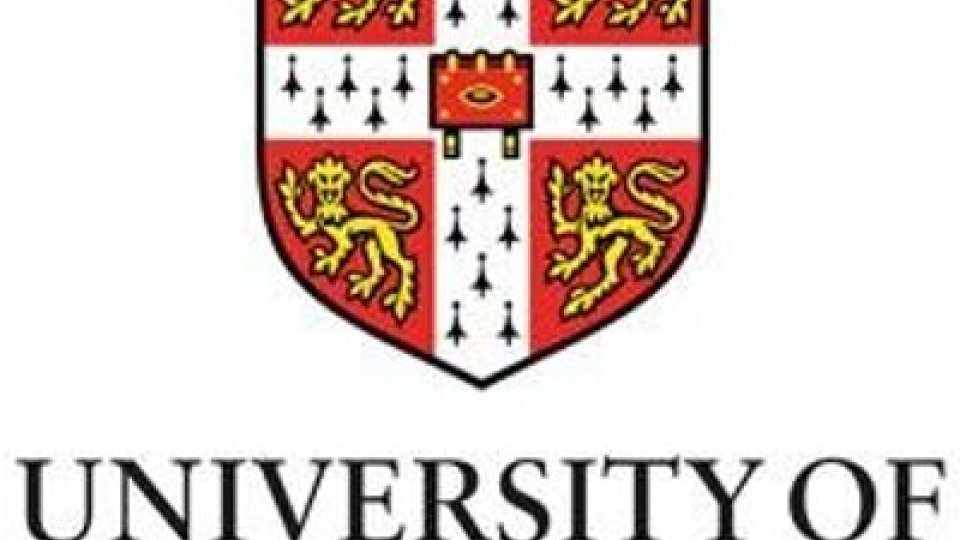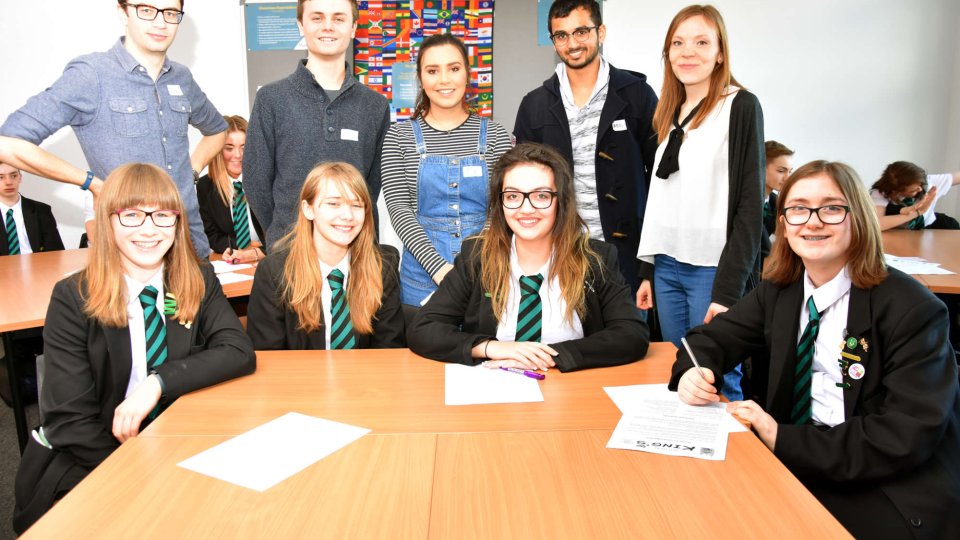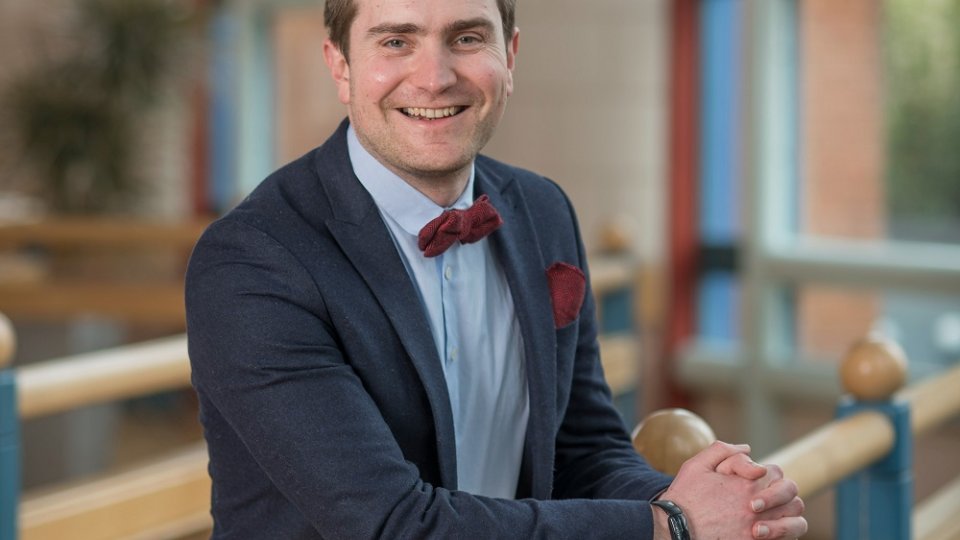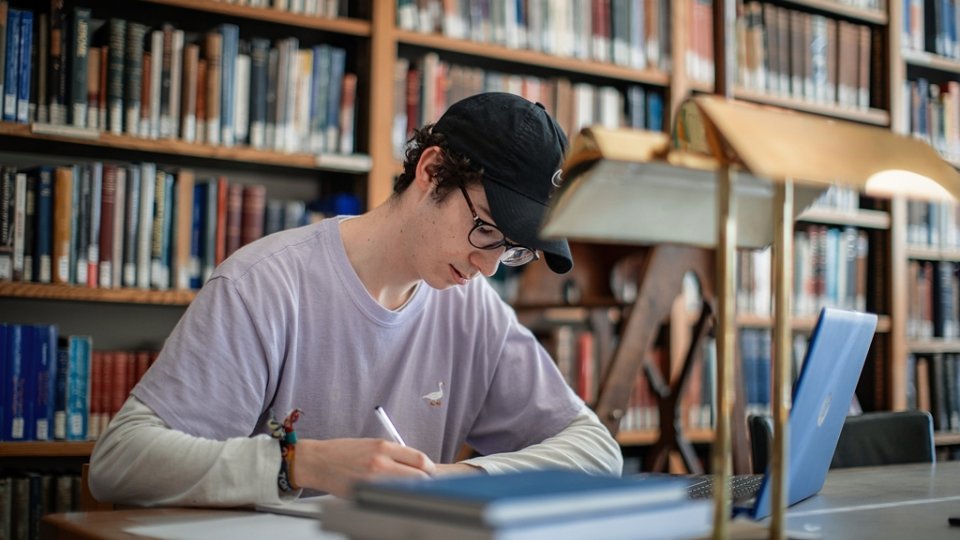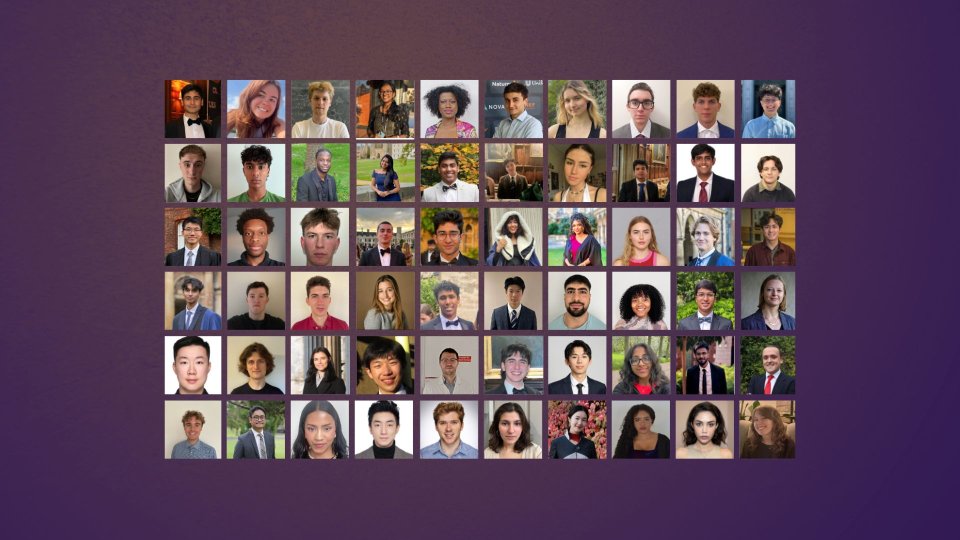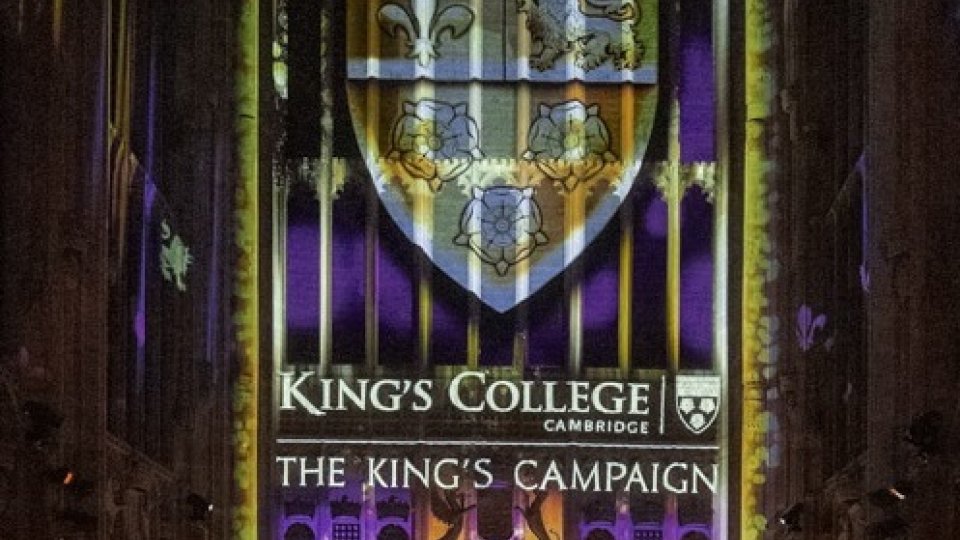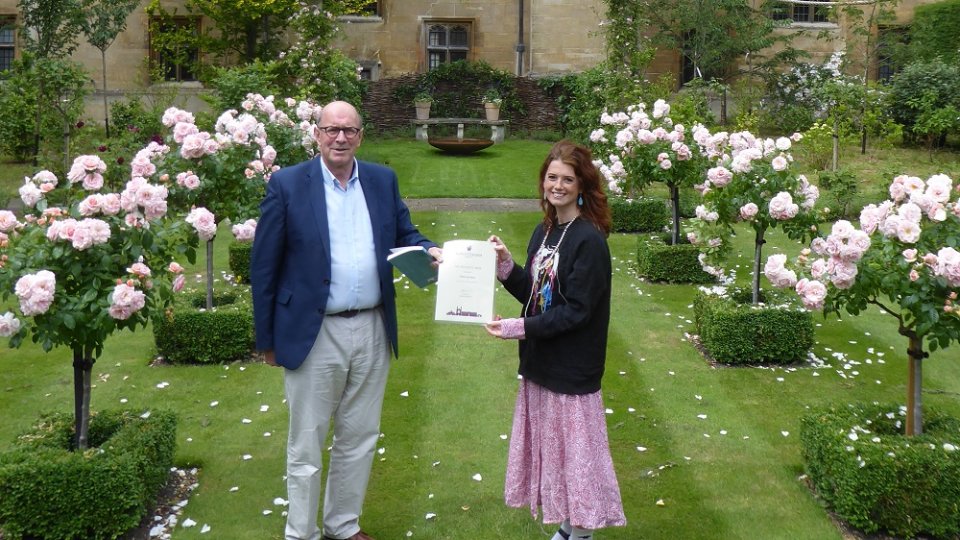
Since the start of the Easter Term, all supervision teaching has been conducted online, with students scattered across the world. We talked to Robin Osborne, Fellow and Professor of Ancient History, about how this massive change to the cornerstone of Cambridge teaching is going for him and his students so far.
‘Actually, so far it has been pretty seamless. Our concern throughout has been to deliver, as far as possible, teaching of the same level that students would receive if they were still in College. And I think we are finding that we can.
A lot depends on the quality of the internet connection; as long as it’s good then it can feel as though we might almost be talking across the table, with the same standard of discussion as would be had in my room. Just as I’d reach for a book from the shelf to talk about a piece of text, I can do very much the same by sharing documents on my screen. When we were all first setting up online teaching one of the issues was ensuring that sufficient resource material was available (book chapters especially) – and a lot of work was put into this. It’s sustainable for now, but it is definitely one of the areas that would present more of a challenge should this situation continue for an extended period.
In College, students hand their essays in the night before a supervision, and I give them back with marked up comments at the end of the session. But when we switched to teaching online I started sending marked-up essays back in advance of the supervision, and that’s proved extremely helpful – especially in the early days, it gave the students reassurance on the level of engagement. I can bring the essay up on the screen and talk through my comments, and it’s often leading to much better conversations. It’s a change I will probably retain as and when we return to face-to-face teaching.
I’m generally limiting groups to two; it works well in terms of us all being able to see each other on screen, and ensures everyone has a good opportunity to talk. What has been lost, in part at least, is the sense of the supervision as a social occasion; and I think my students would feel the same. But there have been significant positives too, perhaps less expected. The best work I have had in has been really good. With lectures online, people can pause the recordings, take notes, really engage with what the lecturer is saying, and that has meant some extremely thoughtful work coming through.
Obviously individual student situations vary, and I am always aware that some are dealing with very challenging situations – they may be in less than ideal circumstances at home, they may find it hard to access resources. There are stresses associated with everything needing to be done online – people miss being able to sit with a book – and I know that some students are finding it hard to switch off from work, without the rhythms of College life to provide a stop for the day. But overall, this is working very well so far – and for a University that can sometimes move at a glacial pace, the management of such a huge change has been admirable.
We are all very much hoping that supervisions, at least, will be happening face-to-face in October, even if large lectures have to stay online, but we will have gained something from the extraordinary circumstances we will have learned together in this term.’
